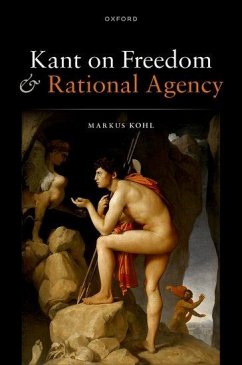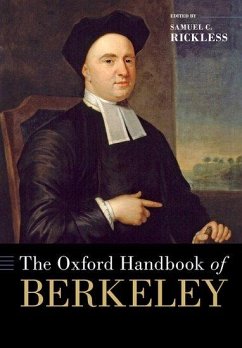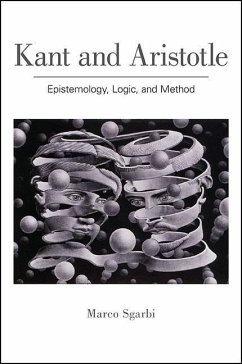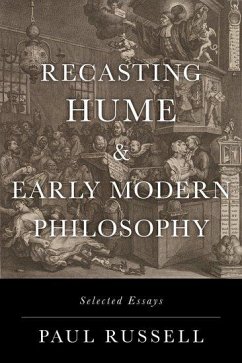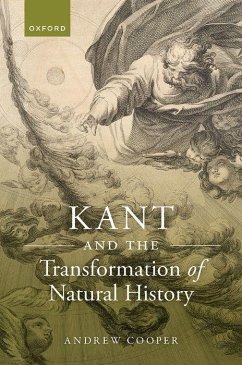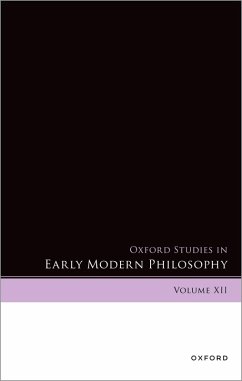
Leibniz and Kant
Versandkostenfrei!
Versandfertig in über 4 Wochen
133,99 €
inkl. MwSt.

PAYBACK Punkte
67 °P sammeln!
Leibniz and Kant were the most important figures in German philosophy from the late 17th to the early 19th century. This volume examines the relationships between their philosophies, illuminating fundamental questions of metaphysics, epistemology, and philosophical theology, and assessing Kant's understanding of his philosophical predecessor.



